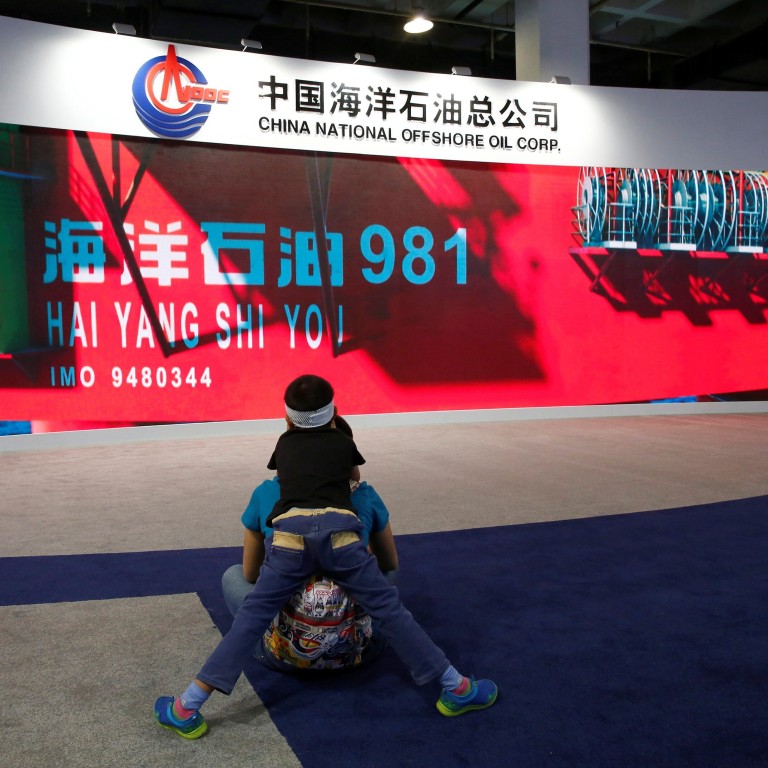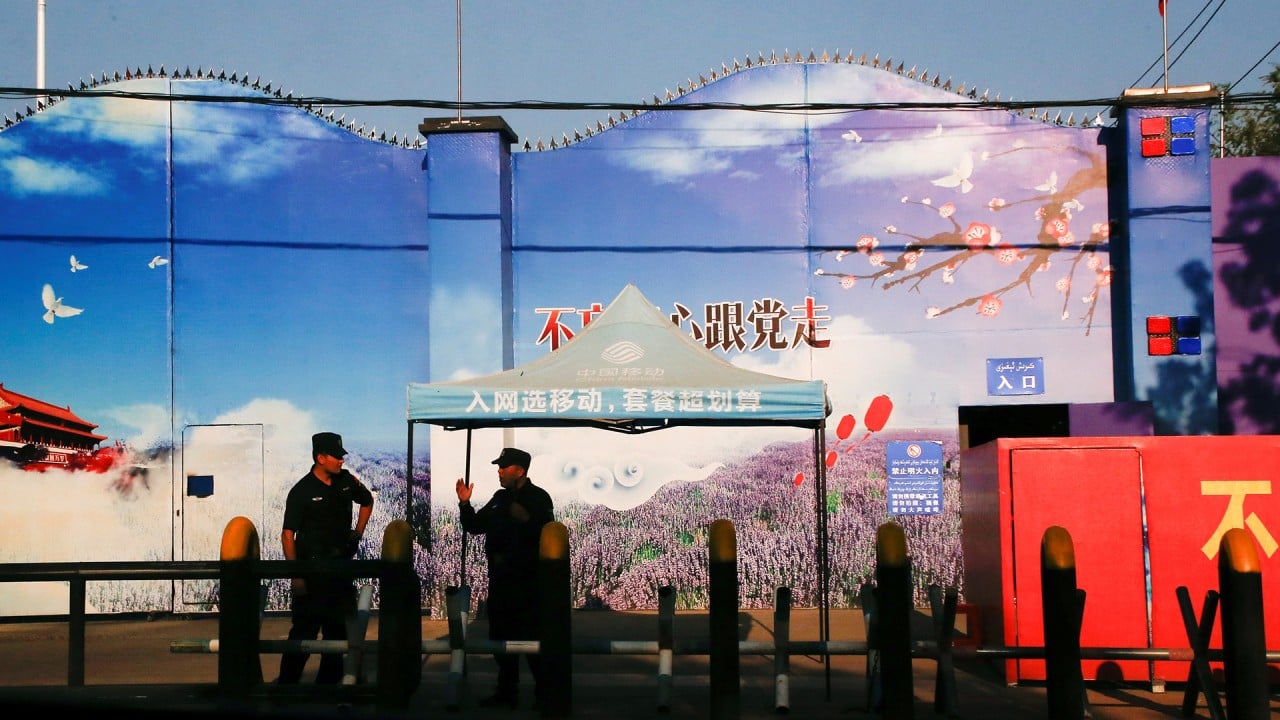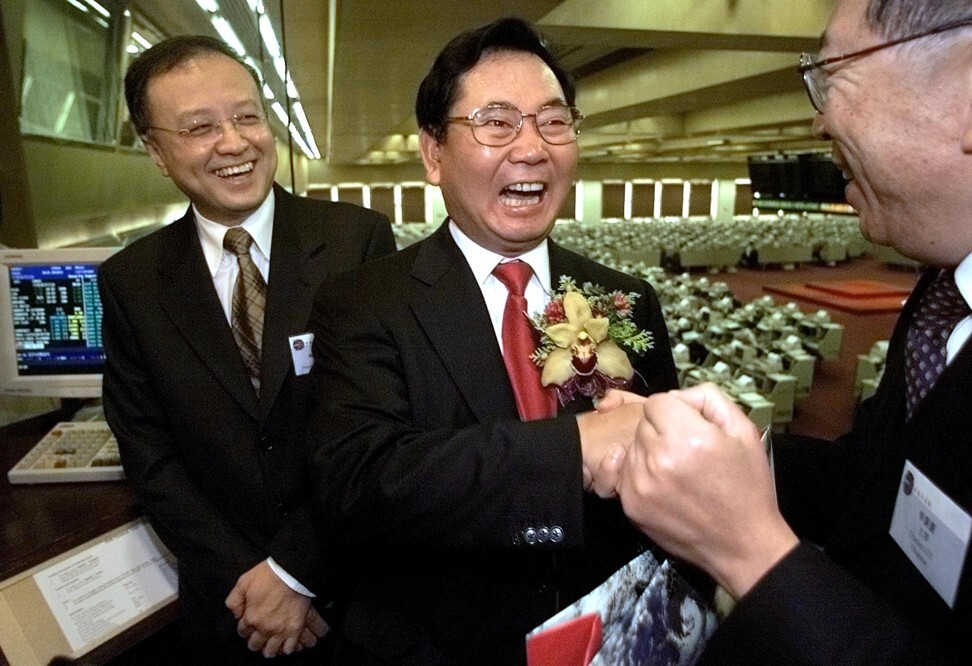
New York exchange moves to delist CNOOC’s American depositary shares as Trump-era executive order kicks in
- The NYSE said that trading in CNOOC Limited, the unit of China’s biggest producer of offshore oil and natural gas, would be suspended on March 9
- The delisting would proceed as the NYSE determined that the shares were “no longer suitable” for listing because of the November 2020 order signed by former US President Donald Trump
The New York Stock Exchange (NYSE) announced its decision to delist CNOOC Limited next month, effectively erasing one of the most prominent symbols of China’s embrace of global capitalism from the world’s largest capital market.
CNOOC Limited, a unit of China National Offshore Oil Corporation (CNOOC), would stop trading in New York on March 9 to comply with a November 20 executive order by former US President Donald Trump banning US investment in companies with purported ties to the Chinese military, as the oil company’s American depositary shares (ADSs) were “no longer suitable” for listing, NYSE said.
CNOOC Limited’s spokespeople did not immediately respond to requests for comment on Saturday.

02:27
US declares China has committed genocide in its treatment of Uygurs in Xinjiang
CNOOC Limited, based in Beijing, raised US$15.4 billion in February 2001 on the NYSE, in what was then the third-biggest fundraising in the global oil industry.
Coming on the heels of China’s official membership in the World Trade Organization (WTO), the listing was hailed as a symbol of China’s commitment to capital reforms, become a trailblazer that set the pace for subsequent listings by dozens of state-owned companies from banks to telecommunications companies in New York and Hong Kong.
A week after their New York listing, CNOOC’s shares listed in Hong Kong in a HK$11.2 billion initial public offering (IPO).
CNOOC’s Hong Kong-listed shares, dubbed “Red Chips” because of their state-owned provenance, have been more actively traded than their NYSE counterparts. Daily average turnover of CNOOC’s shares rose to 173.4 million shares in Hong Kong over the past 12 months, compared with 199,853 in New York, according to exchange data. One American depositary receipt of CNOOC is equal to 100 CNOOC shares in Hong Kong.

The Chinese telecoms companies were among the first targets on Trump’s November 12 executive order that barred American investors from owning or trading in companies that the US claims are owned or controlled by the Chinese military. That initial list has been expanded several times since.
American investors, including pension funds and university endowments, have until November 11, 2021 to fully divest their holdings in any designated Chinese military companies following the executive order.
The moves reinforced the expectation that the Biden administration would be more predictable in its dealings with Beijing, although relations remain strained between the world’s two biggest economies.

